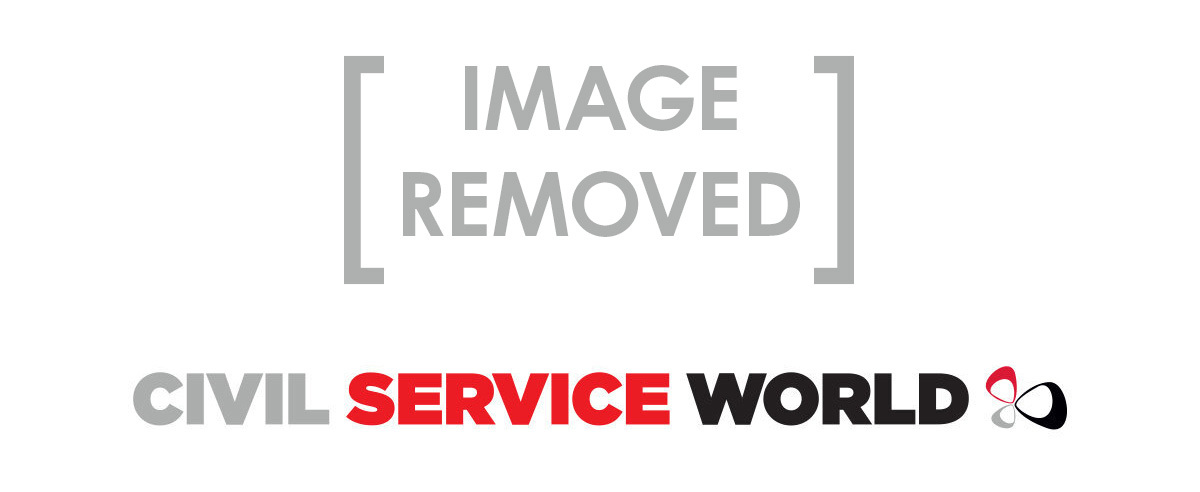In the aftermath of the Grenfell Tower fire, which burned in the early hours of Wednesday 14 June 2017, there was panic and confusion on the ground as government officials, volunteers and charities struggled to support survivors and their families. One agency called in to help by the then Department for Communities and Local Government, was the Surge and Rapid Response Team (SRRT).
“We got the call on the Friday and the team were on location by Saturday morning,” head of the SRRT, Christine Ward, says. “The team were asked to go and help set up the telephone victim support unit … [and there were people doing the] first interactions with people coming into the unit to ask them about what their needs were and making sure they were directed to the expert area to get answers to their questions as quickly as possible.”
Since being established in 2015, the breadth of the SRRT’s work has expanded from an initial three departments (the Home Office, the Department for Work and Pensions and HM Revenue and Customs), to 15 departments in 2017, and nine in the first six months of this year. There’s also been a 500% increase in the different types of deployment, Ward adds, which can range in length from a matter of weeks to some months and sometimes happen on 24 hours’ notice.
RELATED CONTENT
The SRRT team – which has grown from 180 apprentices across three sites in 2015, to 300 across six sites in 2018 – has been involved with the repatriation of British citizens after the Monarch airline collapse, distributing information after the recent poisoning in Salisbury, as well as providing extra help to DWP during the Universal Credit rollout, and helping passport control during peak holiday periods.
“In 2015, it was very much in response to some high-profile activities where there may have been some failures on customer service targets or some queues at borders and things,” Ward says of the evolution of the team. “[Now we] can be asked to do anything that fits into the operational delivery remit. That’s predominantly processing of applications and paperwork, telephony work, and customer interaction.”
 One of the greatest challenges, Ward admits, is staff turnover as apprentices get promoted into other teams. A recent recruitment programme was launched to backfill 70 places they’d lost in the past two months. “Because of the exposure the team has across multiple departments and the impact they have, the career opportunities to move into the civil service in more traditional roles come thick and fast,” she says. “That’s a success and a challenge for me.”
One of the greatest challenges, Ward admits, is staff turnover as apprentices get promoted into other teams. A recent recruitment programme was launched to backfill 70 places they’d lost in the past two months. “Because of the exposure the team has across multiple departments and the impact they have, the career opportunities to move into the civil service in more traditional roles come thick and fast,” she says. “That’s a success and a challenge for me.”
Winning the award for operational excellence at the Civil Service Awards 2016 also shone a spotlight on the SRRT’s potential and “brought questions about what we could do,” she adds. That and the increased number of deployments has brought new pressure to maintain the team’s reputation as a high-quality resource for the civil service. “Growing our reputation is paramount because people will only use us if we go in and make a difference … My whole management team is very protective of the SRRT brand as we have it right now,” Ward says.
In the next year, there are plans to expand the team further to 500 apprentices and open new sites in Salford and Scotland. There continues to be lots of opportunities for the SRRT to help the civil service in lots of different ways, Ward says, not least by sharing the success they’ve had in working with the apprenticeship model and the effectiveness of collaboration across departments.
“I would encourage lots of people to take the opportunity to work with colleagues up, down and sideways around coaching, mentoring, sharing expertise and experience,” she adds. “I think we can learn a lot from one another.”
The Civil Service Awards Community is a new section on Civil Service World that aims to celebrate past winners, inspire people to nominate in 2018, and help us all to learn from good practice.